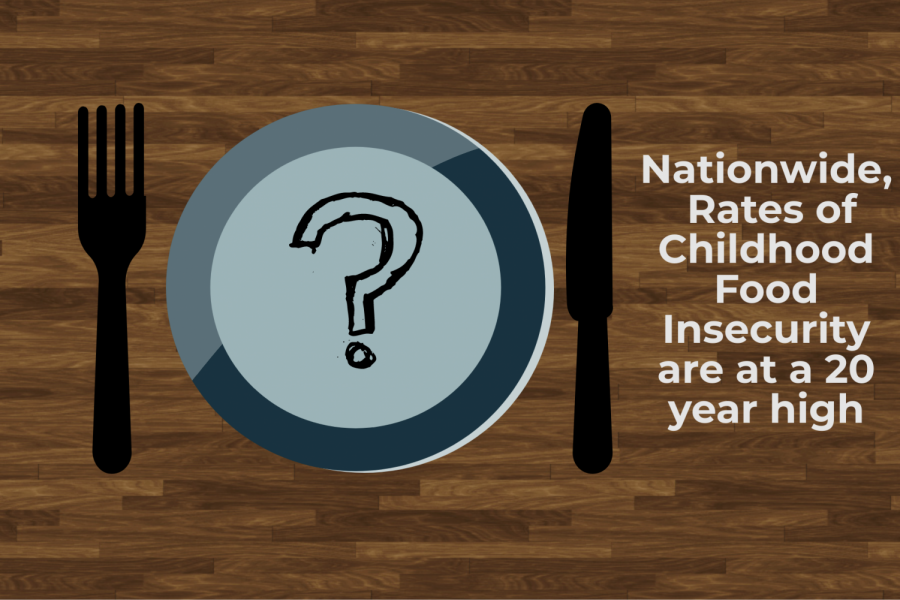MCPS Fights Food Insecurity Amid Covid-19 Pandemic
October 13, 2020
In an effort to fight food insecurity, Montgomery County began offering residents under the age of 18 curbside meals at 74 MCPS school sites Sept. 18. The Montgomery County Food Security Task Force (FSTF) is responsible for increasing access to meals for food insecure Montgomery County residents. This effort has involved a large scale partnership between MCPS, state government agencies and local nonprofits.
The increased unemployment rate in the state of Maryland, and economic uncertainty surrounding the Covid-19 pandemic, drove MCPS’ decision to provide food to all students according to the FSTF’s May report. This was a transition from the need-based system of food distribution that existed prior to the pandemic.
Crucial to MCPS’ food insecurity plan is also a set of waivers that need to be approved by the US Department of Agriculture (USDA), which allows the school system to exempt charges for meals. Initially however, the USDA was reluctant to approve those waivers, prompting outrage from local nonprofits and elected officials.
“Before the waivers were approved, we had to go back to the old system of charging for meals,” Gboyinde Onijala, supervisor for the MCPS Department of Communications, said. “When the waivers were finally approved, we were able to go back to the system of providing free meals to everyone and triple meals on Fridays to combat hunger on weekends.”
Among the elected officials who pushed for the USDA’s approval of the waivers was Maryland Congressman Jaime Raskin, who recently hosted a virtual roundtable on food insecurity. The roundtable featured representatives from several nonprofits involved in food security, including Manna Food Center–which has partnered with MCPS to provide meals to families in need.
“Despite the successful school meals programs across the state, I remain concerned about food insecurity, given the widespread economic hardships that many Maryland families are facing during the pandemic, and the USDA’s enforcement of unnecessary bureaucratic obstacles to food assistance,” Raskin said in an email to the Rampage.
However, there are additional funding problems for food insecurity at the state level. The Maryland Constitution requires that the state have a balanced budget, but due to the economic problems caused by the Covid-19 pandemic, the current state budget is running at a deficit.
“There are significant needs across the board. Food insecurity is one of those… there are massive holes in the budget to address things like food insecurity, and it’s up to the federal government to fill those holes,” state Senator Ben Kramer said.
The federal government has largely left it to the states to solve problems like food insecurity, creating funding problems down the line, including in local governments.
“Ultimately, the funding for this problem starts at the top and trickles down from the federal government,” Onijala said, adding that she still believes MCPS’ food security plan will be sustainable through the end of the school year, so long as the USDA continues to approve the waivers.
Nationwide, the rates of childhood food insecurity are higher in 2020 combined since 2001—the first year that comparable data is available for—according to an April report from the Brookings Institute.
Increased federal funds for food assistance programs is part of the HEROES Act, a wide-reaching Coronavirus relief bill, passed by the House of Representatives this past summer. However, negotiations surrounding Coronavirus response legislation have stalled at a federal level, and the HEROES Act has not been passed by the Senate.
“I will continue to support federal anti-hunger legislation, advocate for nutritious meals for students, and recognize constituents going above and beyond to fight food insecurity across our state,” Raskin said.





